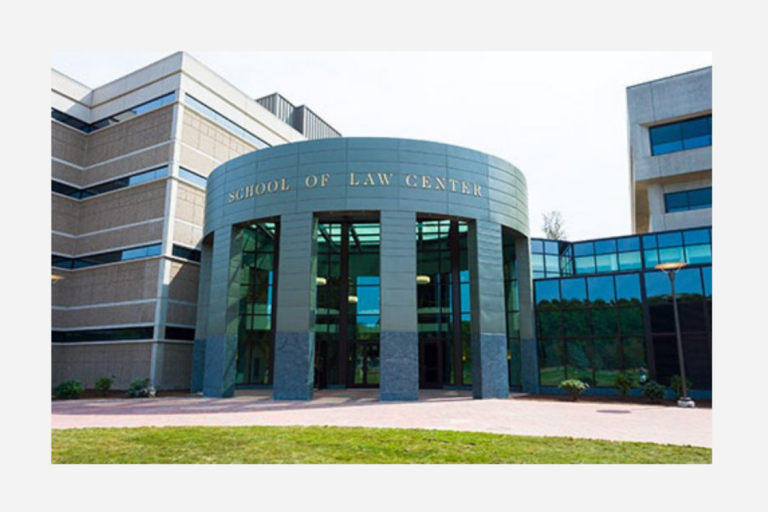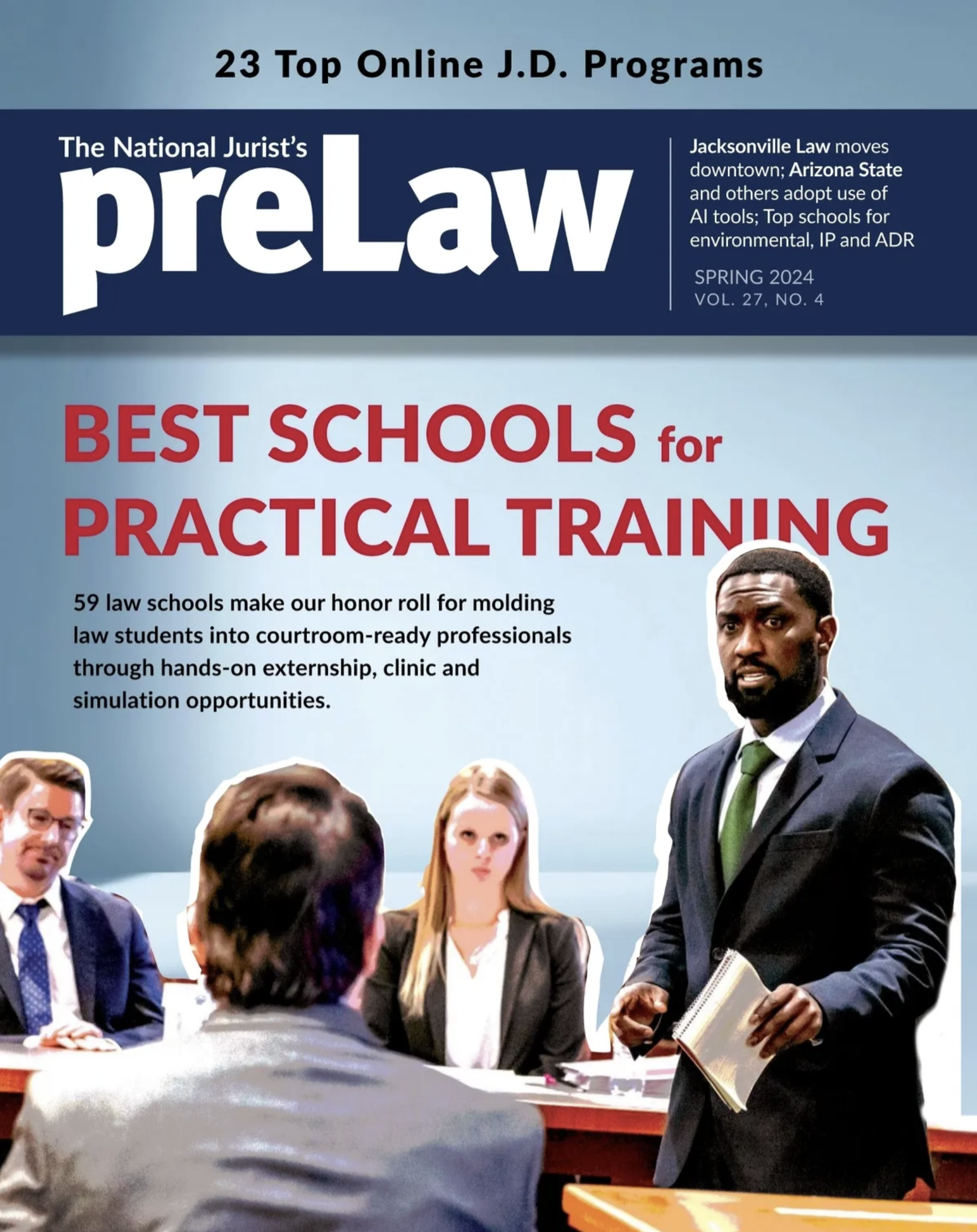While in school, law professors may give you hypotheticals or hypos, which are fictional scenarios to help explain the law in class. Your law exams will also include hypos to test your knowledge and understanding of law concepts.
Students may want to wait until they have completed their outlines to work on hypos but they should consider doing one daily.
Dawn Young, an assistant clinical professor of law at the University of Idaho College of Law said that working on a hypo a day can help you to grow a gigantic analytical muscle. She provides three reasons why you should do this every day.
You need the experience
Young explains the story of a student who met with her about an ungraded midterm. He appeared to be a model student, who did the readings, took good notes, started his outlines early and studied hard. When he got to his midterm he froze up when coming across a hypothetical question. He eventually gathered himself and typed away and was satisfied with his long response. When he received his midterm grade he was shocked to see he had failed.
The professor commented and said, “Your answer made little sense. You were not responsive to the Q.”
Young explained that the student wasn’t prepared because he didn’t have the experience to organize his thoughts with hypothetical questions. The experience was too new to him.
You begin to see patterns
Young said that the more hypos or practice exams that you work on, the better equipped you’ll be for exams because of the patterns you’ll find in that repetition.
“For example, your professor will most likely test on negligence or some intentional tort,” Young said. “Once you’ve seen a few hypos/practice exams that touch upon these torts, you’ll be better equipped to identify common legal issues when they show up on the exam.”
She also says that by doing more hypos, you can identify less common patterns. Your professor could test you on an exception to the exception to the exception and if you see that on an old exam, chances are it might come up again.
You need to practice on your own
In law school, your class time is not spent on how to answer the questions on your final exam. You will spend most of your time in class analyzing cases. So it’s important to practice on your own.
“This is a new skill,” Young said. “You won’t develop it if you just read, re-read your notes and read your outline …You can’t rely on the reading period or the end of the semester to prep for exams. Cramming does not work in law school. Instead, you’ll need the entire semester to get ready for exams.”








Comments (2)
Being able to “think on your feet,” address the unexpected, and formulate intelligent rebuttals are crucial for any success as a trial lawyer or even in a business situation. Just “following the dots and numbers,” any fool can do; the rest separates the winners from the losers in the end…………hypothetical situations do actually occur unexpectedly in this upside-down-inside-out world we now live in.
If we (law professors) provided 1L students with one hypo at the end of every class session we could demonstrate and teach students early how to develop the skills of critical reading and legal analysis. Students would learn how to apply the case law they just covered to a hypothetical with guidance from their professors. Through this guided practice, students would develop the skills needed for their law school exams, the bar exam, and real life practice. Using the law to solve a client’s legal issue(s) is what we should be training law students to do, not simply covering cases and rules through case briefing and class discussion. It may be controversial in legal academia but I say, “Simply practicing the Socratic methodology is no longer best practice in legal education. In light of the Next Gen bar exam, learning to apply the law to hypotheticals and advising their client and/or providing their legal opinion to the senior partner will be crucial to their success on the bar exam and in real life.”
Respectfully submitted,
Your Academic Success and Bar Readiness Dean